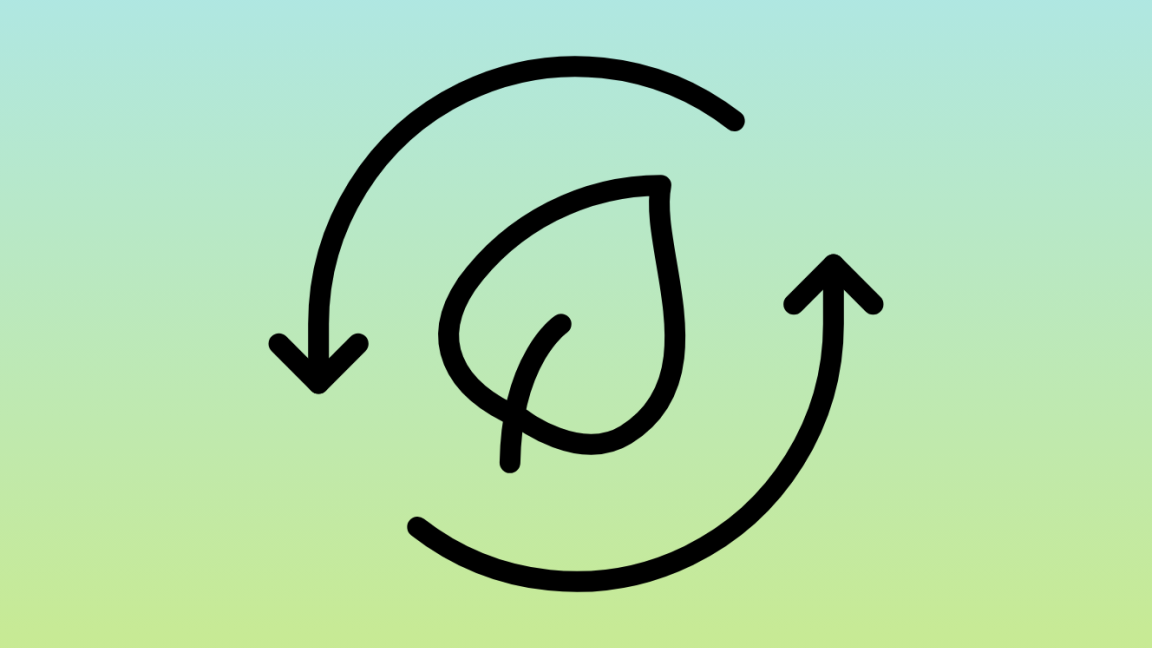Together with partners worldwide, we are committed to effectively implementing the circular economy.
Shaping the framework for the circular economy
We support governments in developing, implementing and scaling circular economy strategies, ensuring that economic, environmental and climate policy flow together in a targeted manner. The legal and regulatory framework conditions are also a central focus. This also includes strengthening manufacturers’ responsibility for their products and providing tax-based and economic incentives to encourage investment in sustainable business models. The objective: to protect nature, reduce emissions, and keep waste out of the oceans and the environment.
